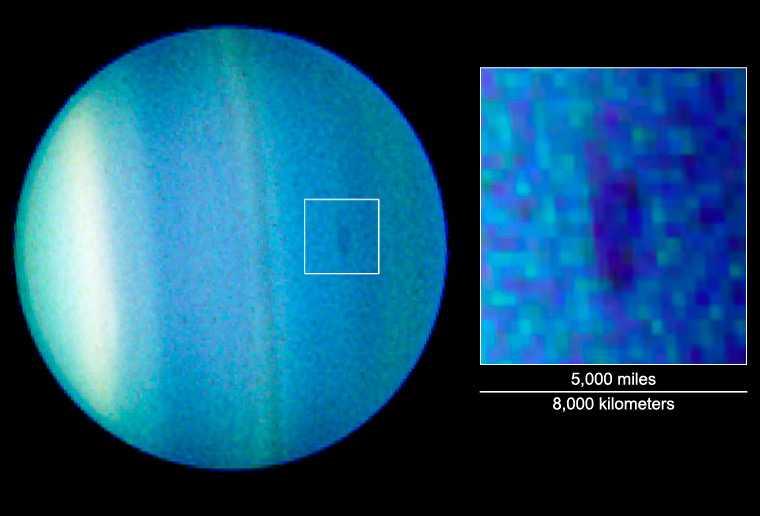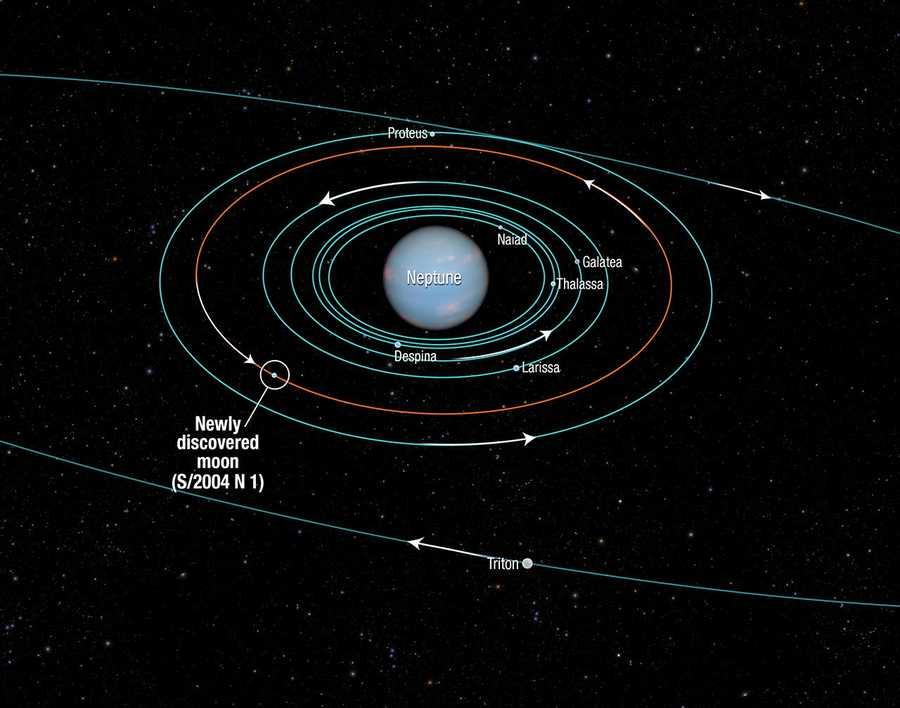Atmosphere
Uranus atmosphere is mostly hydrogen and helium, with a small amount of methane and traces of water and ammonia. The methane gives Uranus its signature blue color.
While Voyager 2 saw only a few discrete clouds, a Great Dark Spot and a small dark spot during its flyby in 1986, more recent observations reveal that Uranus exhibits dynamic clouds as it approaches equinox, including rapidly changing bright features.
Uranus' planetary atmosphere, with a minimum temperature of 49K (-224.2 degrees Celsius) makes it even colder than Neptune in some places.
Wind speeds can reach up to 560 miles per hour (900 kilometers per hour) on Uranus. Winds are retrograde at the equator, blowing in the reverse direction of the planet’s rotation. But closer to the poles, winds shift to a prograde direction, flowing with Uranus' rotation.
20
35 reads
CURATED FROM
IDEAS CURATED BY
I'm passionate about helping people live their best lives. I'm a lifestyle coach & burnout coach.
The idea is part of this collection:
Learn more about scienceandnature with this collection
How to choose the right music for different tasks
The benefits of listening to music while working
How music affects productivity
Related collections
Similar ideas to Atmosphere
Moons
Neptune has 14 known moons, neptune's largest moon Triton was discovered on October 10, 1846, by William Lassell, just 17 days after Johann Gottfried Galle discovered the planet.
Since Neptune was named for the Roman god of the sea, its moons are named for various lesser sea gods and nymphs...
Read & Learn
20x Faster
without
deepstash
with
deepstash
with
deepstash
Personalized microlearning
—
100+ Learning Journeys
—
Access to 200,000+ ideas
—
Access to the mobile app
—
Unlimited idea saving
—
—
Unlimited history
—
—
Unlimited listening to ideas
—
—
Downloading & offline access
—
—
Supercharge your mind with one idea per day
Enter your email and spend 1 minute every day to learn something new.
I agree to receive email updates

